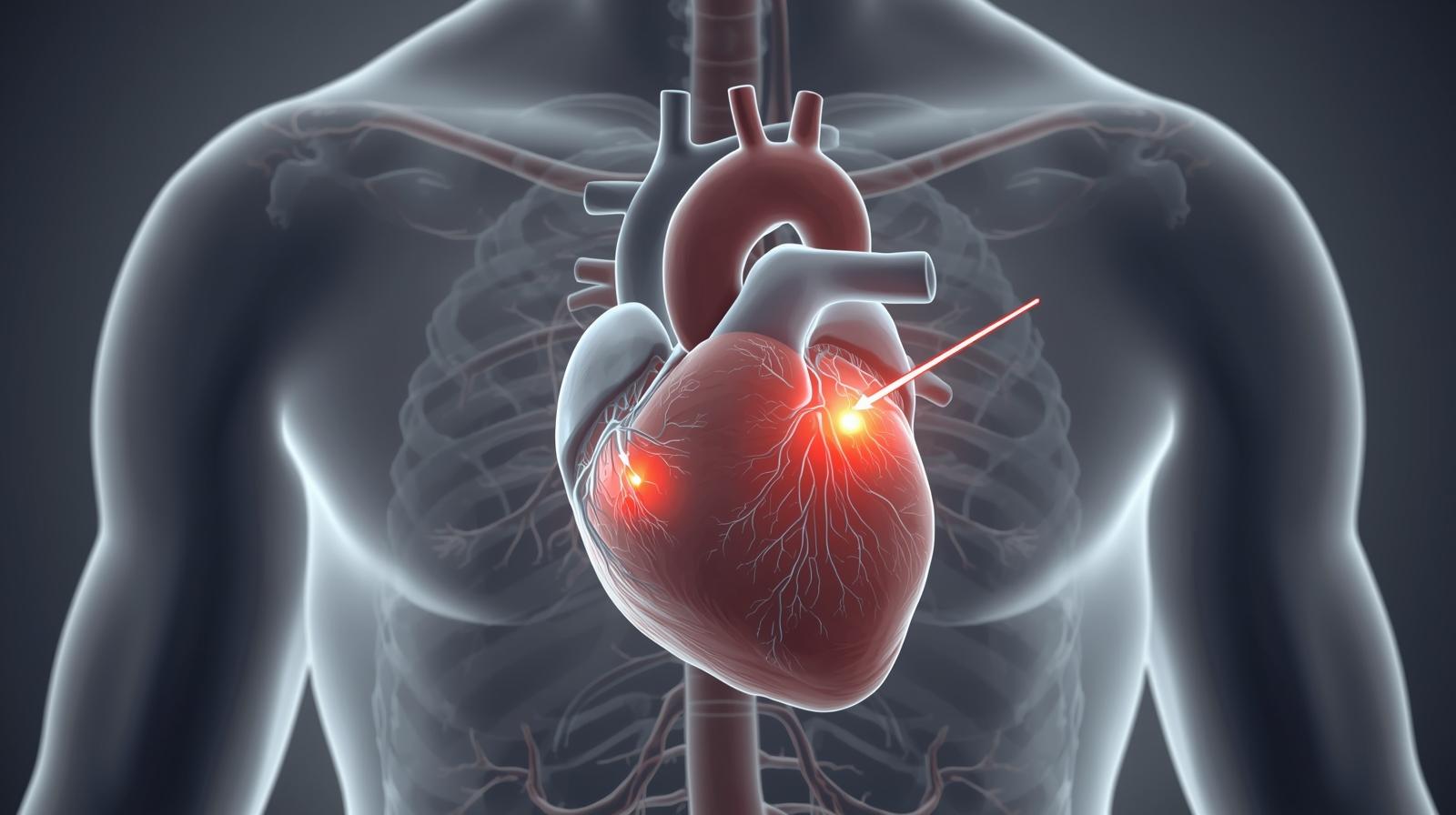
Angina

What is Angina?
Angina is a medical term for chest pain or discomfort that happens when your heart muscle doesn’t get enough oxygen-rich blood. Many people describe it as pressure, heaviness, or tightness in the chest. Sometimes the pain spreads to the arms, neck, jaw, or back.
Why it happens?
Angina usually occurs because of narrowed heart arteries (a condition called coronary artery disease). These arteries supply your heart with blood, and when they become clogged, your heart struggles during activity. The reduction in blood flow on exercise or activity to the muscle of the heart often causes chest pain.
What does angina feel like?
People describe angina in different ways, but common sensations include:
- Pressure, heaviness, or tightness in the chest
- Pain that spreads to the arms, neck, jaw, back, or stomach
- Shortness of breath, sweating, nausea, or fatigue
Types of angina:
Stable angina – Predictable, happens with exercise or stress, and improves with rest or medication.
Unstable angina – More dangerous, can occur at rest, and may signal a heart attack risk.
Treatment options:
Treatment focuses on easing symptoms and lowering your risk of heart attack. Options may include:
- Lifestyle changes
- Eating a heart-healthy diet low in saturated fats, sugar, and salt
- Staying active with safe exercises approved by your doctor
- Quitting smoking
- Managing stress through breathing exercises, meditation, or counselling
- Medications
- Nitrates (GTN spray) to quickly relieve chest pain
- Beta-blockers or calcium channel blockers to reduce the heart’s workload
- Aspirin or other blood thinners to reduce clot risk
- Cholesterol-lowering medications (statins) to slow plaque buildup
- Procedures
- Angioplasty and stenting – A small balloon opens a blocked artery, and a stent keeps it open.
- Bypass surgery – Surgeons create a new route for blood to flow around blocked arteries.
If symptoms occur, rest until symptoms resolve. If a GTN spray has been prescribed you can take this. If symptoms do not resolve at rest or continue for longer than 5 minutes it is important that you seek emergency medical assistance.
Remember:
Angina is your heart’s warning sign. Getting help early can prevent bigger problems down the road.
If you have any concerns, please do not hesitate to book an appointment with one the Consultant Cardiologists at The Berkshire Clinic.
